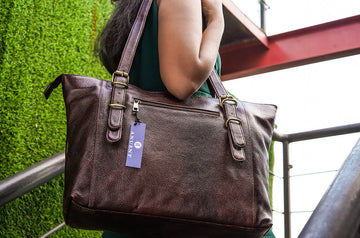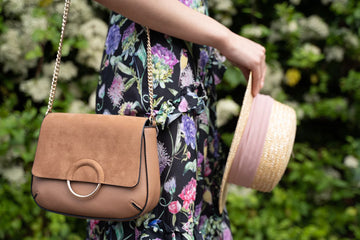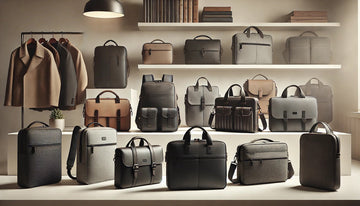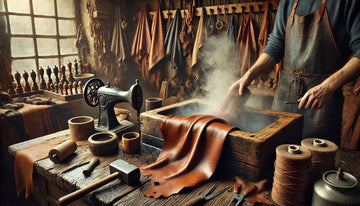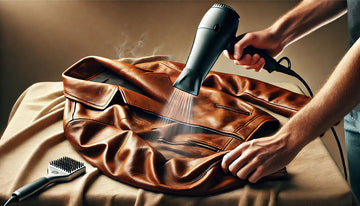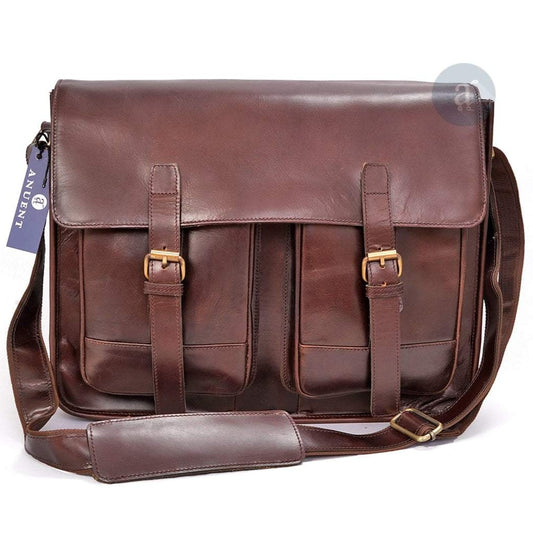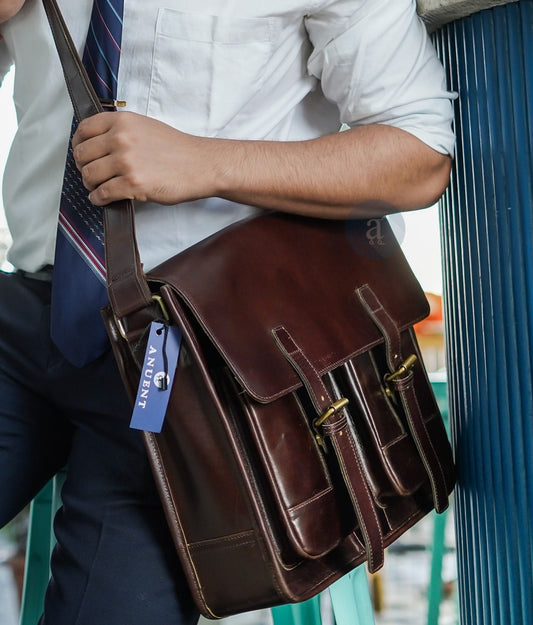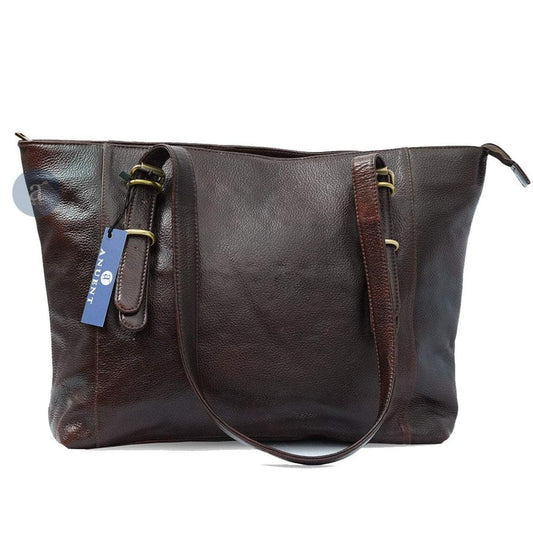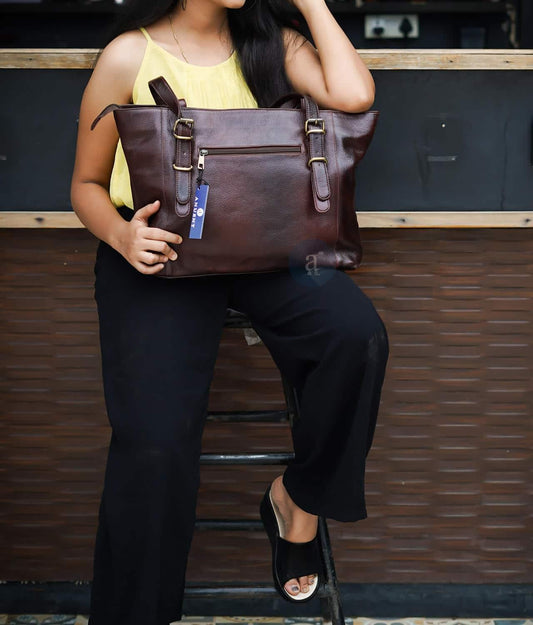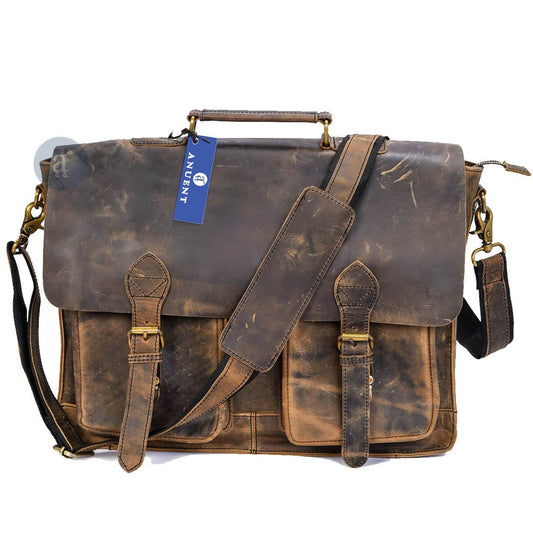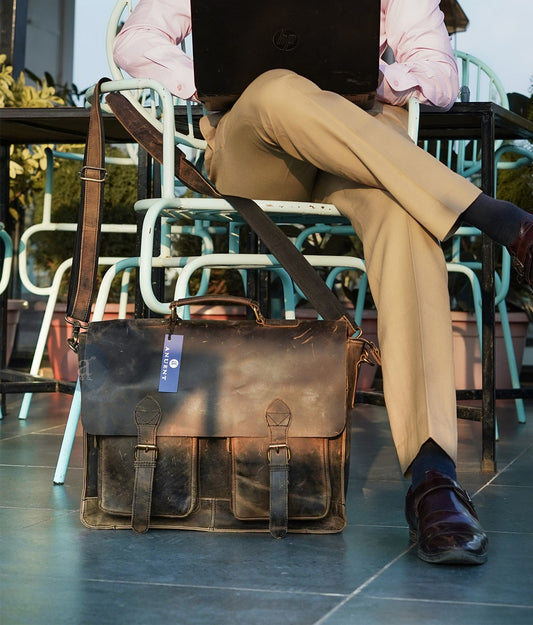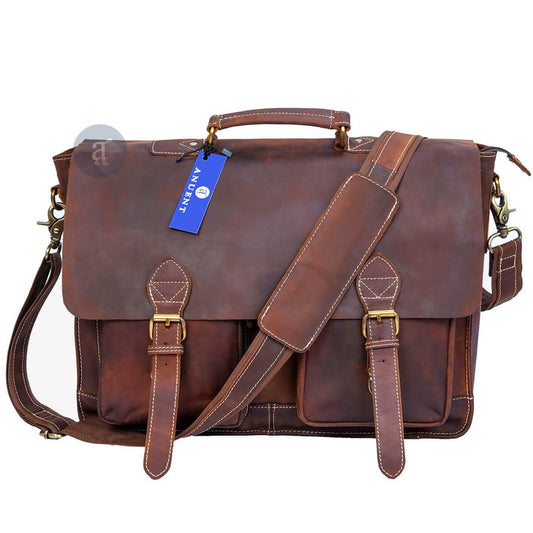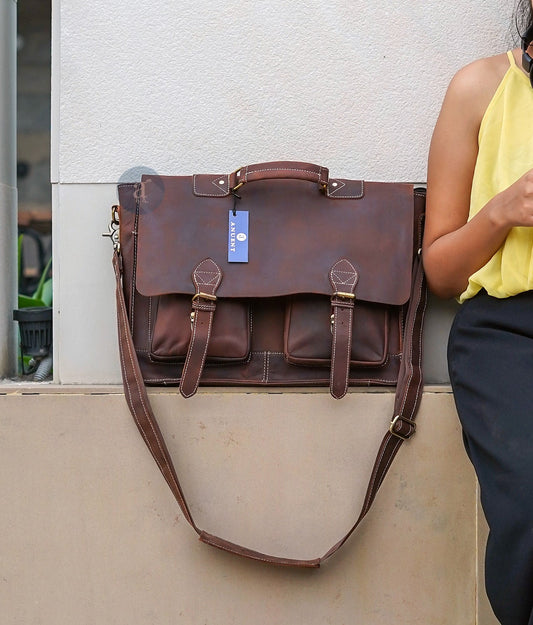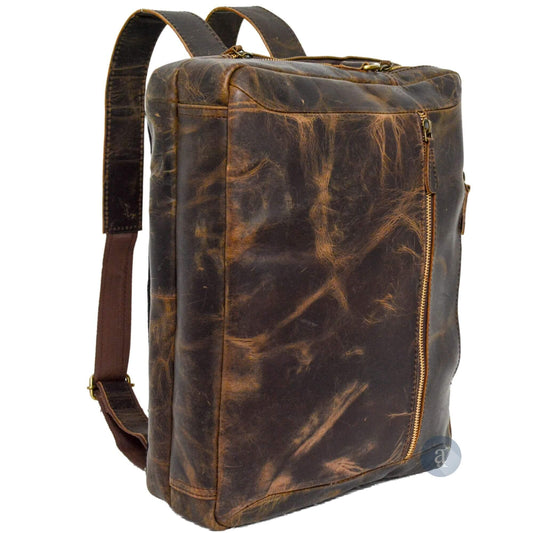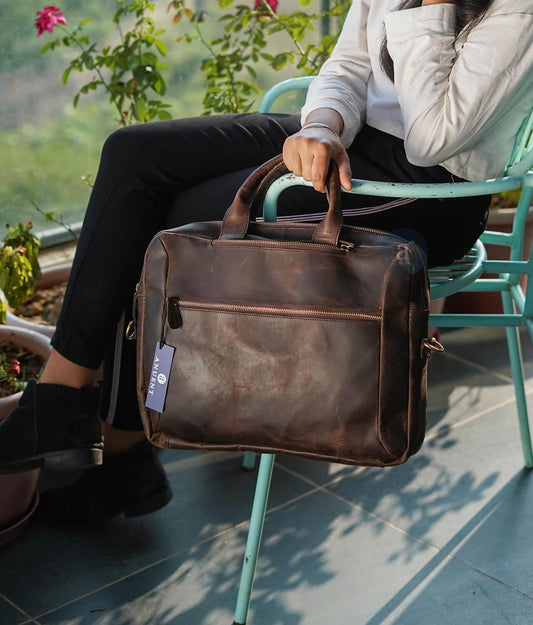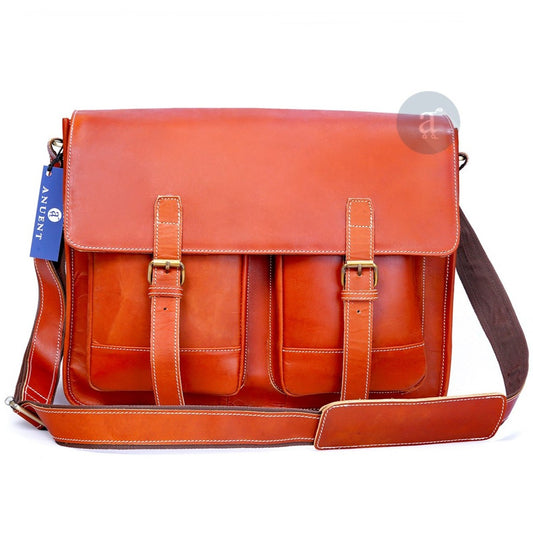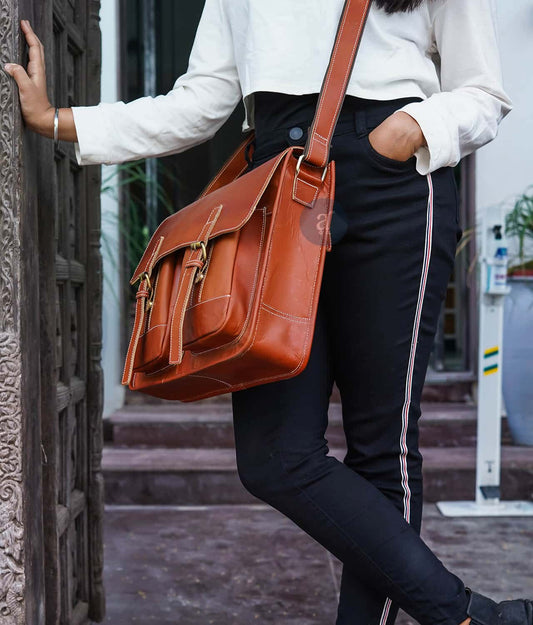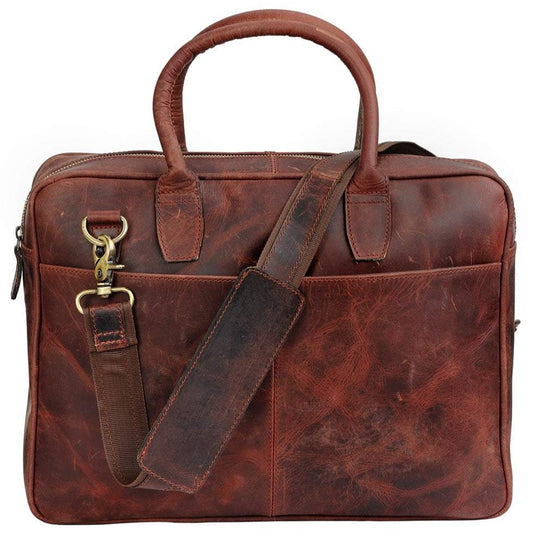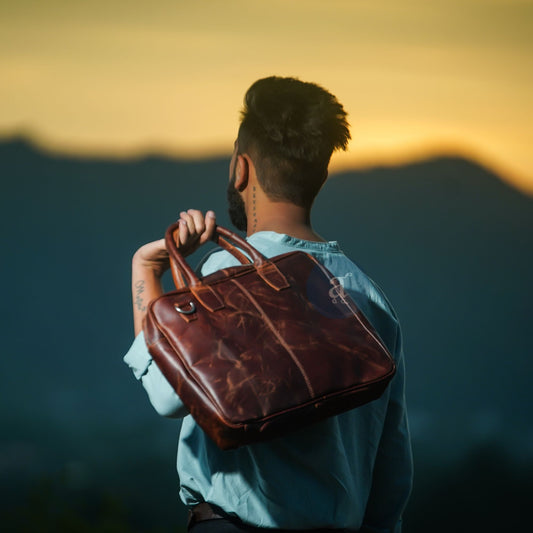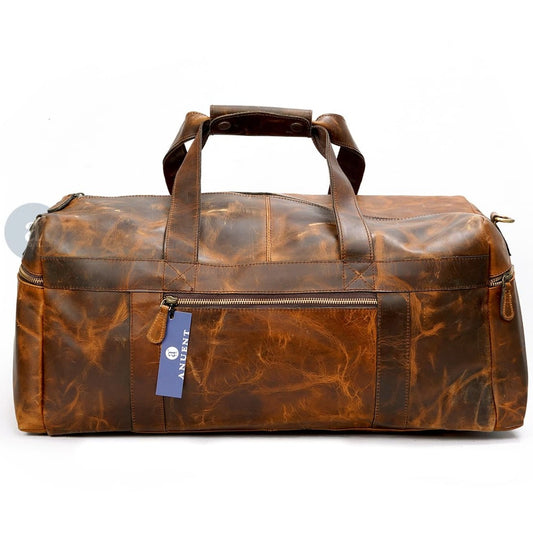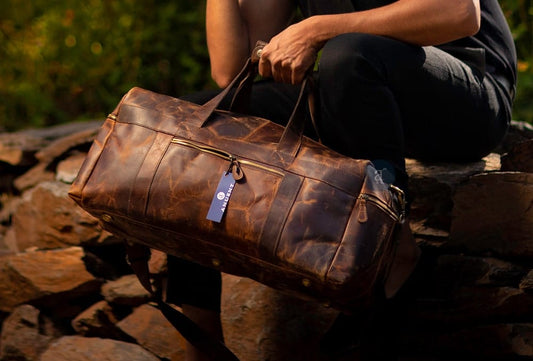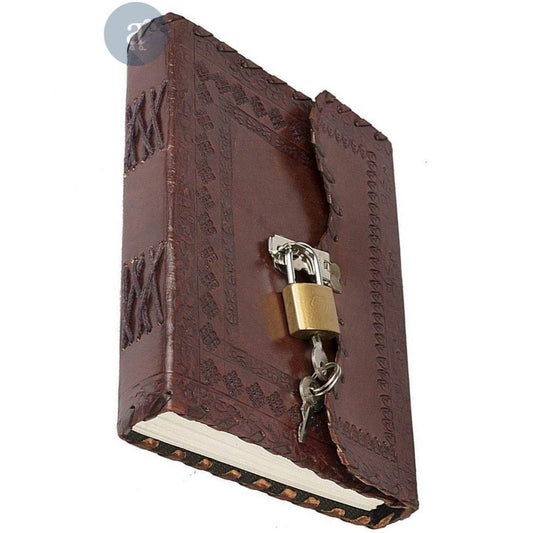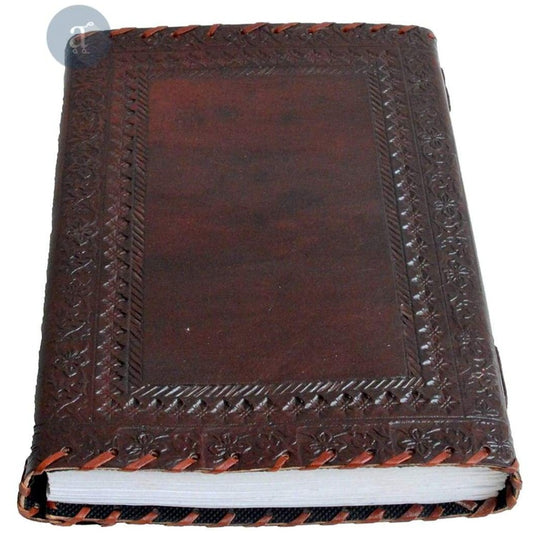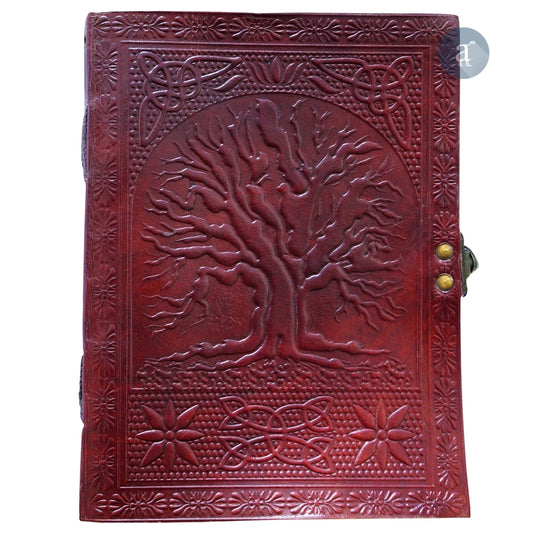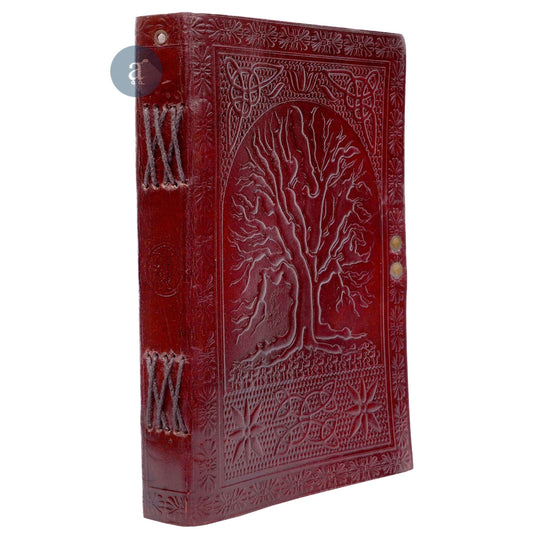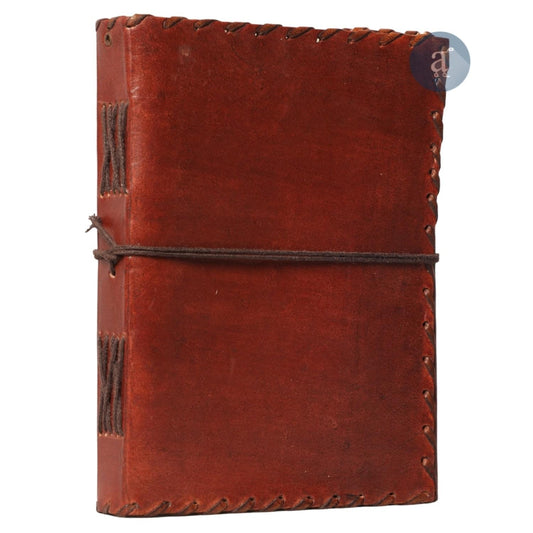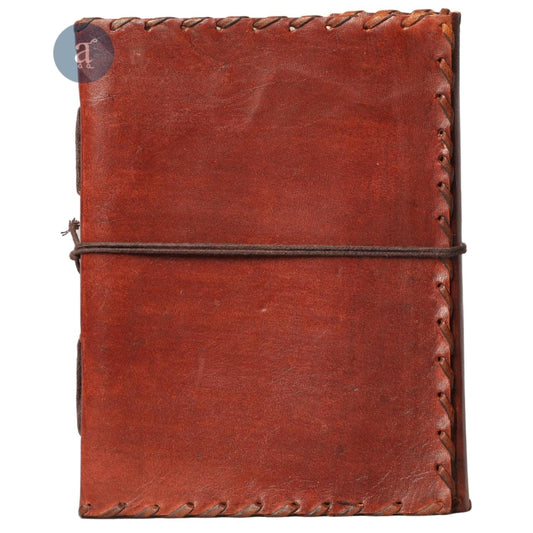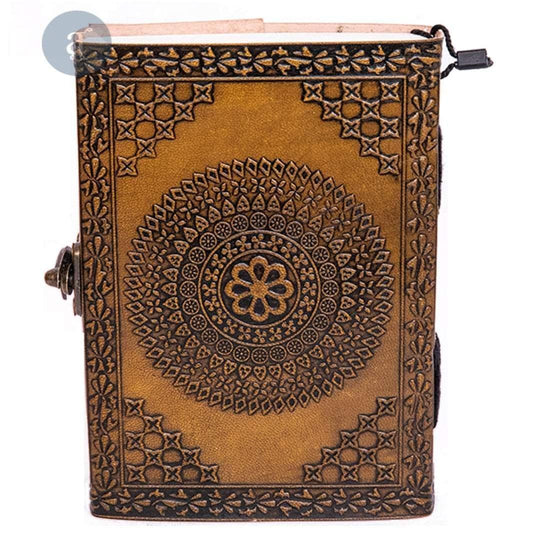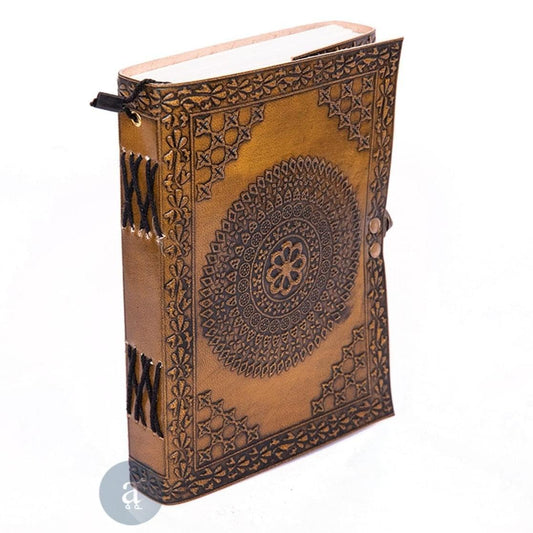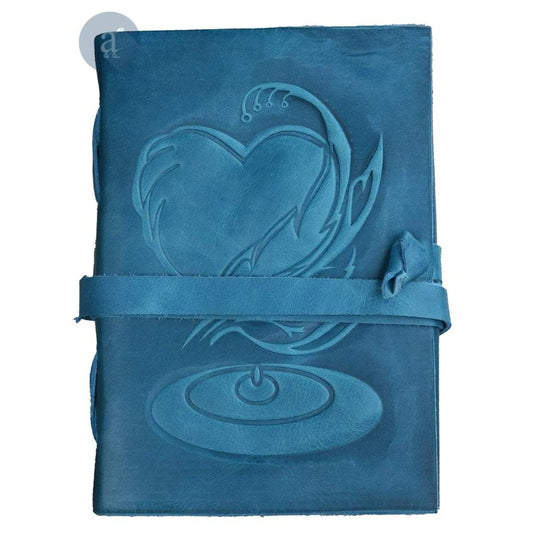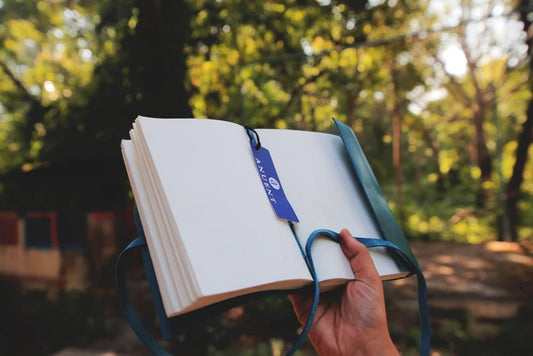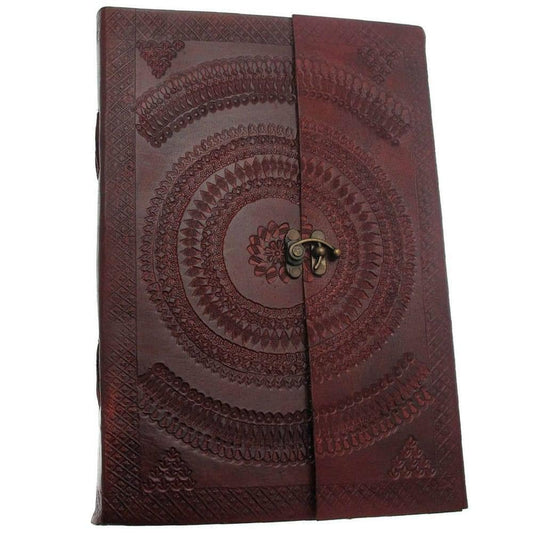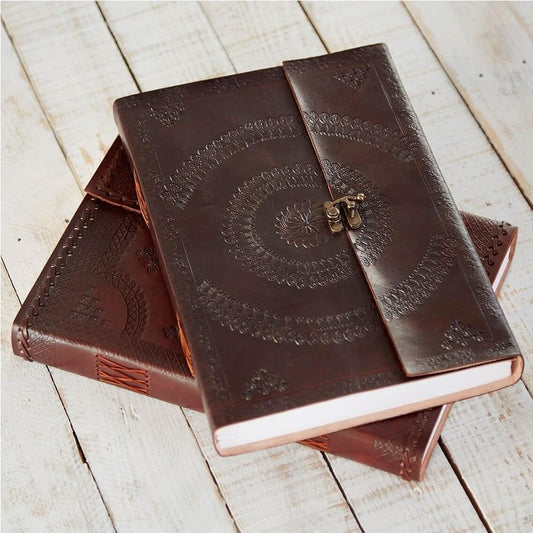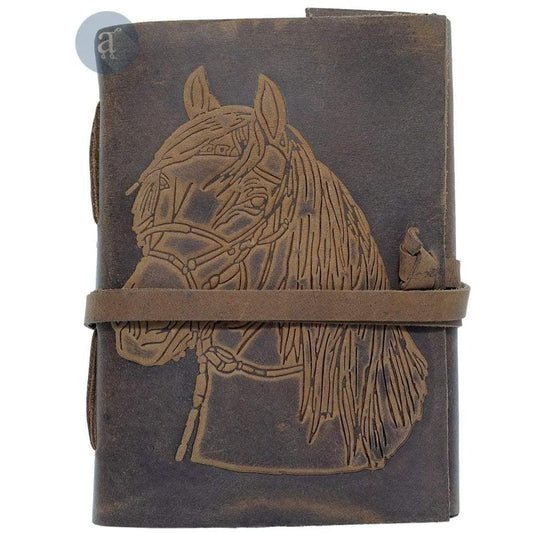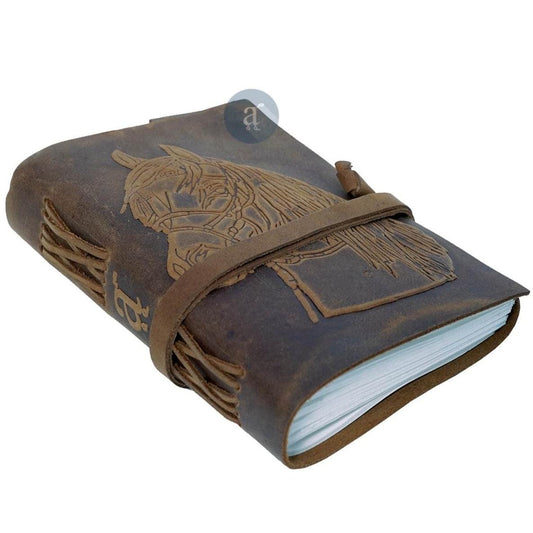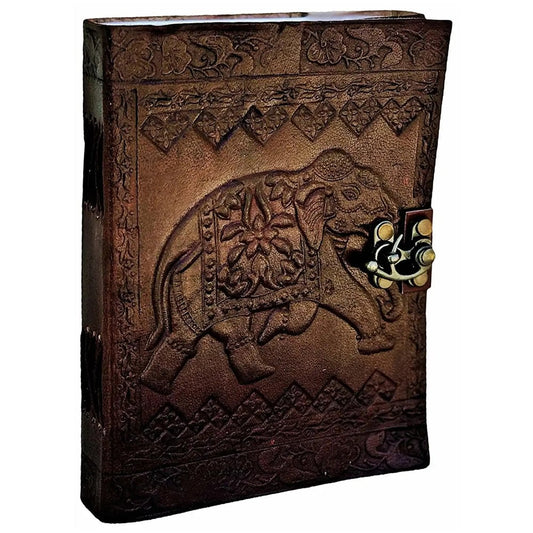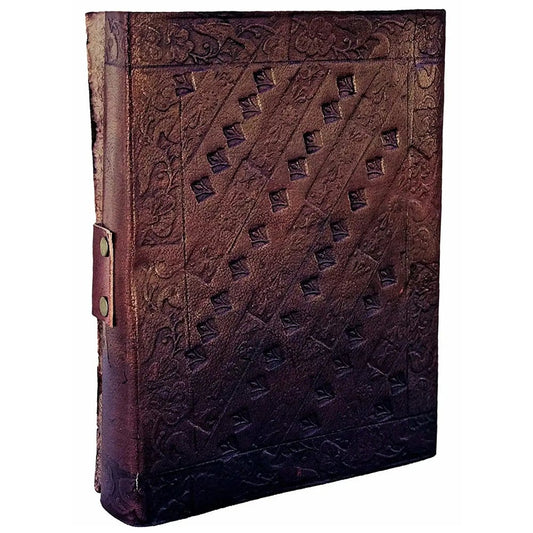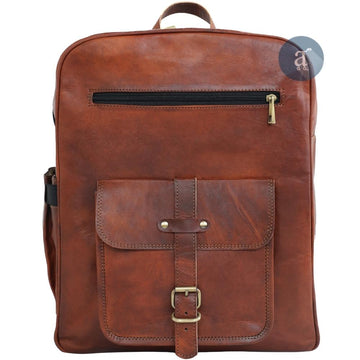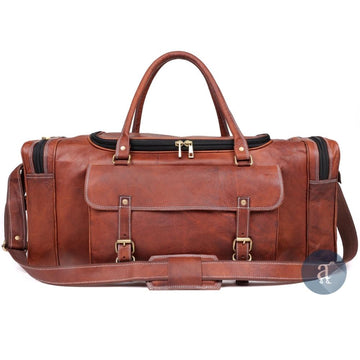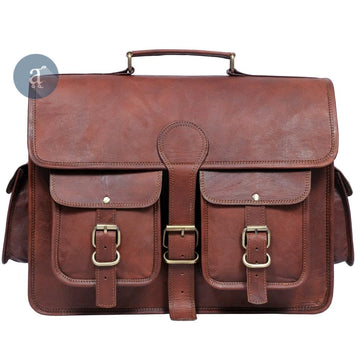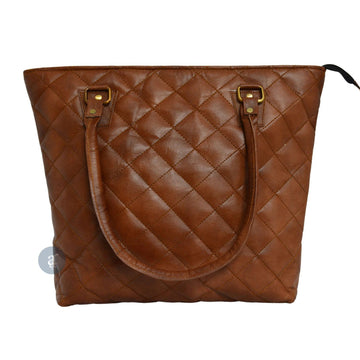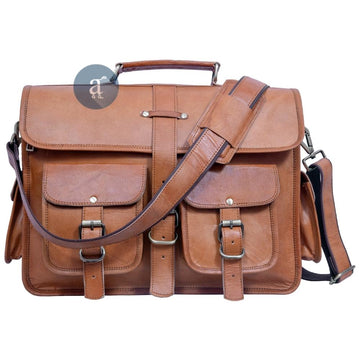Any leather fanatic would always recommend purchasing full-grain leather. They’ll probably gush about its unique look and how much of a high-end product it is.
And that would not be far from the truth. Nobody wants to buy a lesser product, so full-grain leather is the most sought-after leather.
But what exactly makes the full-grain special?
In this article, we’re going to discuss what exactly full-grain leather is and the pecks of shopping for full-grain leather.
Full-grain leather
Full-grain is deemed the highest quality leather. Full-grain leather is the real deal when it comes to quality.
Full-grain is the outermost part of a hide. Full-grain leathers are not sanded or buffed and so retain their natural shape.
Full-grain is the toughest and most durable part of a hide, and it’s gotten from the layer just below the hair. The fiber of full-grain leather is tightly interwoven, making it very durable compared to other grades of leather.
As full-grain leather ages, it develops a unique patina that gives it that eccentric look of quality leather. The surface of full-grain leather is unaltered, showing the creases and imperfections of the leather.
No two full-grain leather looks the same. This is because the hides are gotten from different animals, with their unique scar and blemishes.
Full-grain leather is thick, making it difficult for manufacturers to work with. The quality and durability of full-grain leather make it very expensive.
How a full-grain leather made?
The finished product of any full-grain leather undergoes three different processes.
- Preparation
- Tanning
- Crusting
Preparation
- First and foremost, the hide is prepared. How is this done? The hide or skin is subjected to treatment to help preserve it and stop it from decaying.
- Then it is soaked to clean it and also help rehydrate the skin.
- The hide then goes through a liming process, which removes hairs from the hide, natural fat, and grease by soaking it in an alkaline solution.
- The hide is then split into different layers, making up the different grades of leather: full-grain leather, top-grain leather, and corrected-grain leather.
- The hide is further processed to remove proteins or chemicals used in the previous process.
- The hide then undergoes a process known as slicking, the physical removal of fats on the hide.
- The hide is then bleached and pickled so that the pH level of the hide can be reduced for tanning agents to penetrate the hide.
Check our best-selling bag - The Negotiator
Tanning
After the hide must have been prepared, the hide then undergoes a tanning process.
This tanning process prevents the hide from decaying, transforming the rawhide into a stable material that would dry out to an intelligent form.
Crusting
Once the tanning process has been done, the hide is crusted. Crusting often involves lubricating and re-tanning the hide. For those colored hides you see, the coloring is done during the crusting process.
It’s crucial to note that not all leather goes through the crusting process, especially those that require surface finishing.
Explore our premier Best Leather Travel Bags collection, where sleek design meets robust durability.
How long does full-grain leather last?
Full-grain leather tends to last for a very long time. It lasts at least five times longer than fabrics.
With proper care and maintenance, you can be sure that your full-grain leather will last you through a couple of decades.
How to maintain full-grain leather?
Granted, it’s been established that proper care determines the longevity of your leather. Luckily, full-grain leather isn’t too hard to maintain.
- Always clean your full-grain leather with a damp clean cloth to remove dirt and dust from staining the surface of the leather.
- Always store your full-grain leather in a dust-free environment. Preferably, wrap your full-grain leather product in a dust bag.
- Avoid placing your full-grain leather in direct sunlight or artificial heat sources, as this would dry up the leather. Remember to store it where it can maintain its essential moisture.
- Ensure to condition your leather, as this will keep the leather soft and supple.
- Whatever cleaning or conditioner products you use, make sure it’s suitable for leather use. Always test these products on a hidden part of the leather bag before use.
Protecting your full-grain leather
Cleaning your full-grain leather isn’t enough. For your leather to maintain its eccentric look, you want to make sure you take appropriate measures to protect your leather.
One way to do this is by using leather protectants or sealants. You could also use a leather polish, but this is a preference.
These leather protectants or polish would help act as a barrier for dirt and grease and help the natural oil and moisture of the leather not escape.
Another way you can protect your full-grain leather is by waterproofing your leather. Although leather is water-resistant to some extent, it still needs protection from water.
Leather cannot be 100% waterproof because of its porous nature; measures can be taken to help protect it against water. Oiling your full-grain leather or using beeswax is recommended to waterproof your leather.
Always spot-test any product, you might decide to use in an unnoticeable part of your leather.
Set off with confidence with our Top Grain Leather Duffle Bag collection, offering superior quality and endurance for adventurers.
Advantages
Full-grain leather is the best kind of leather to buy. It’s a strong and durable leather that is sure to last you for a long period.
It doesn’t fade with time; rather, it ages with grace, developing a beautiful patina that gives it its unique look.
Disadvantages
One major downside of full-grain leather is the cost. Full-grain leather is really expensive.
Because of its thick nature, it’s difficult for manufacturers to work with. Unlike other leather, full-grain leather is less resistant to stains.
Should you buy full-grain leather?
No one would want to buy an inferior product. Everyone wants the best of the best, and that’s exactly what full-grain leather is.
So if you can afford it, why not buy full-grain leather? Not only does it look uniquely beautiful, but it’s also sure to last very long.
Frequently Asked Questions
Is full-grain leather real leather?
It is the highest-quality leather you can use to make shoes or other leather accessories. The most durable leather is full grain, and it's treated with a finish that will keep it from deteriorating for many years.
Is full-grain good leather?
It refers to leather that has not been sanded, buffed, or snuffed (as in, filled with any filler) during the tanning process.
It is the toughest leather available and withstands years of wear and tear. Another benefit is that it naturally ages beautifully.
Is 100% full-grain leather good?
Yes, 100% full-grain leather is good. To make it, the skin's top surface is sanded, and only the outer layer of the skin is removed.
This top layer contains all the strength and durability of the leather, which is why it is usually the preferred option for high-end, quality leather goods.

